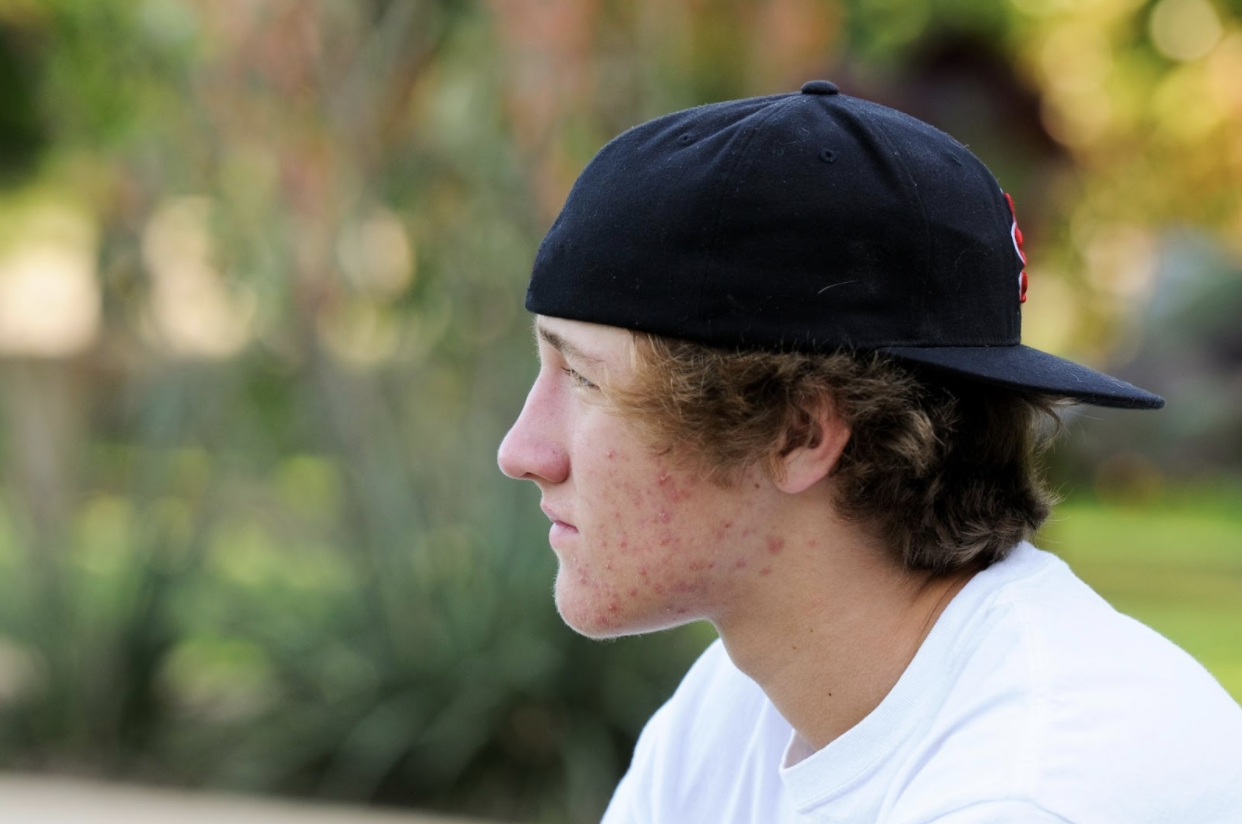Have you ever tried chatting up a newborn? I know they’re not much for conversation, but there’s a good reason to talk it up (even if the convo is a bit one-sided). Talking to your baby early and can really boost their brainpower.
There are so many benefits of talking frequently to babies from a very early age. It builds baby’s pre-language skills, helps them begin making connections to the world, and helps increase their chances of verbalizing sooner. And while frequent chatter is important, how you talk with your baby is also a critical brain booster.
Here are some tips to help you get the conversation started and keep it going to boost your baby’s brainpower!
Baby Talk Tips to Boost Your Baby’s Brainpower
Grown Up Speak
You don’t need to cut out all the baby babble, coo’s, and goo’s. We know that’s part of the fun of having a new baby! Just remember your baby also needs to hear how words sound in typical conversation. This helps your baby work towards speaking clearly and enunciating words properly. So in between a few coo’s, don’t forget to toss in some grown-up talk, too.
Don’t Interrupt!
Speech pathologists say adults often unintentionally interrupt their baby’s attempt to communicate. Make sure you’re giving your baby ample time to respond to you with babble or a first word. We recommended you wait a full 5 seconds for a response before you begin talking again. While you’re waiting, don’t look away or get distracted. Your baby needs to see you are listening and waiting to hear from them!
One-On-One Time
The world is a crazy place for babies. Everything is new to them, so it’s easy for babies to lose focus quickly. Set aside quiet, one-on-one time with your baby. At Thrive Pediatrics, we say baby talk is most beneficial when it’s one-on-one between parent and child, with no other adults or children around. This allows your baby to really hear your voice, watch your mouth movements, and have a chance to babble back without any distractions or interruptions.
Keep Eye Contact
Look your child in the eyes. Eye contact is an important piece of positive social-emotional development. So start demonstrating what appropriate eye contact looks like during normal conversation. They are also more likely to respond better to speech if he’s looking right at you watching your mouth form the words.
Mealtime Can Boost Brainpower
There is no better time to engage your child with language than at meal and snack time. Whether you’re breastfeeding or formula feeding, doing solids or purees, you have your baby’s undivided attention. Talk, talk, talk to them about everything and anything. The sound of your voice is soothing to your baby anyway, so why not chat away?
As your baby moves into toddlerhood, you can introduce basic terms like hungry, full, more, and all done. Not to mention snacks are a fantastic way to reward your baby’s attempts to talk or babble back.
Change Up Your Tone
You don’t speak in a monotone voice, and neither will your baby! So use the appropriate tone in conversation. For example, peek-a-boo is a surprising game. It’s ok to sound surprised! Similarly, when asking your baby a question, it should sound like a question. The change in your tone will help your baby learn the difference between a question that needs a response and a statement.
If you liked this Thrive Pediatrics blog article, check out these:
–5 Symptoms of Gluten Sensitivity in Children
–Recognizing Signs of Sensory Processing Disorder





